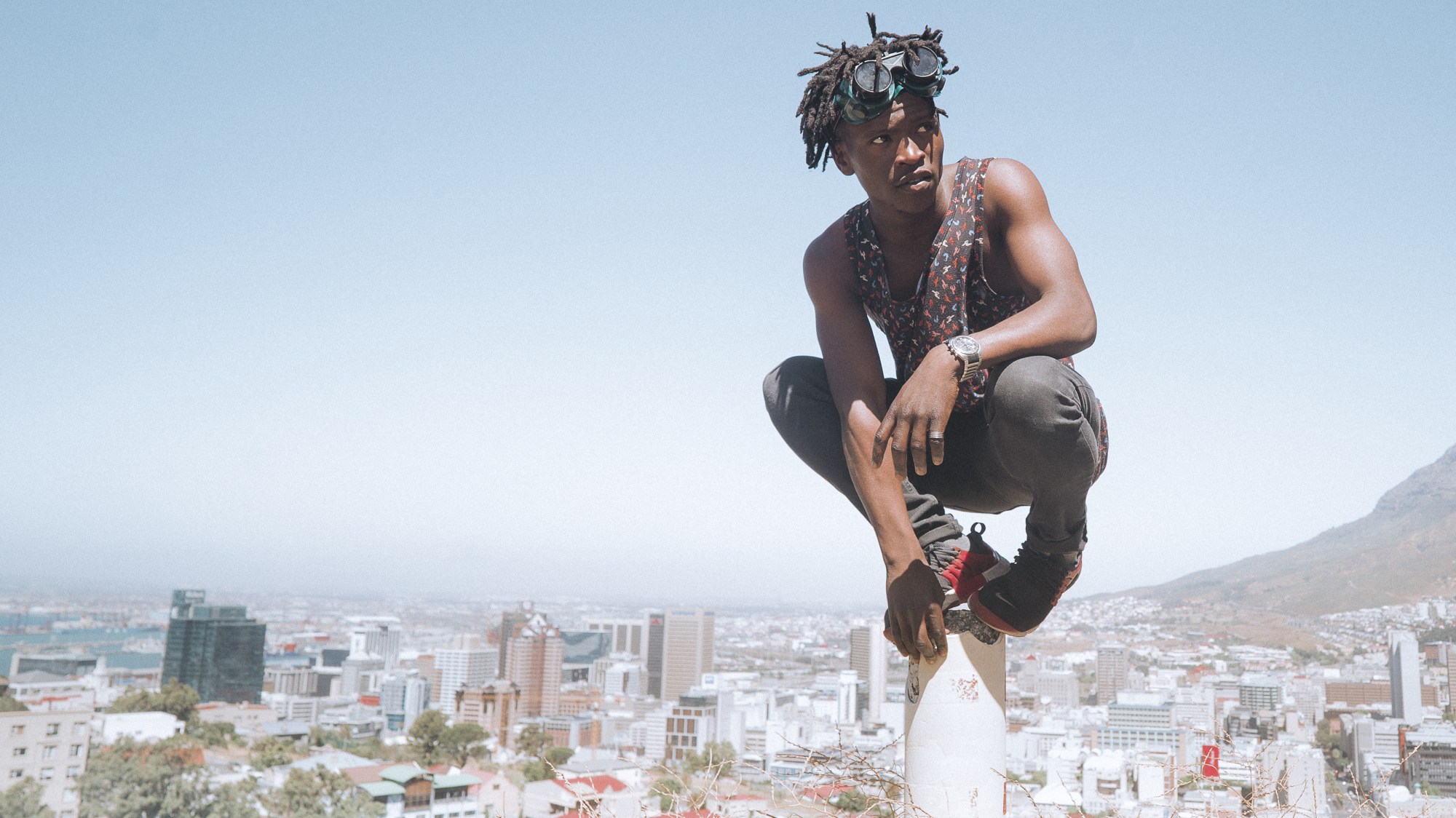Photographer Imraan Christian has made a name for himself documenting South Africa’s youth — whether student protestors or Generation Z’s fight against colonialism. During Boiler Room’s recent trip to South Africa, the global music platform commissioned the 24-year-old politically minded visual artist to snap the best and brightest MCs and producers from Cape Town’s flourishing hip-hop scene. We got to know to know them a little better.
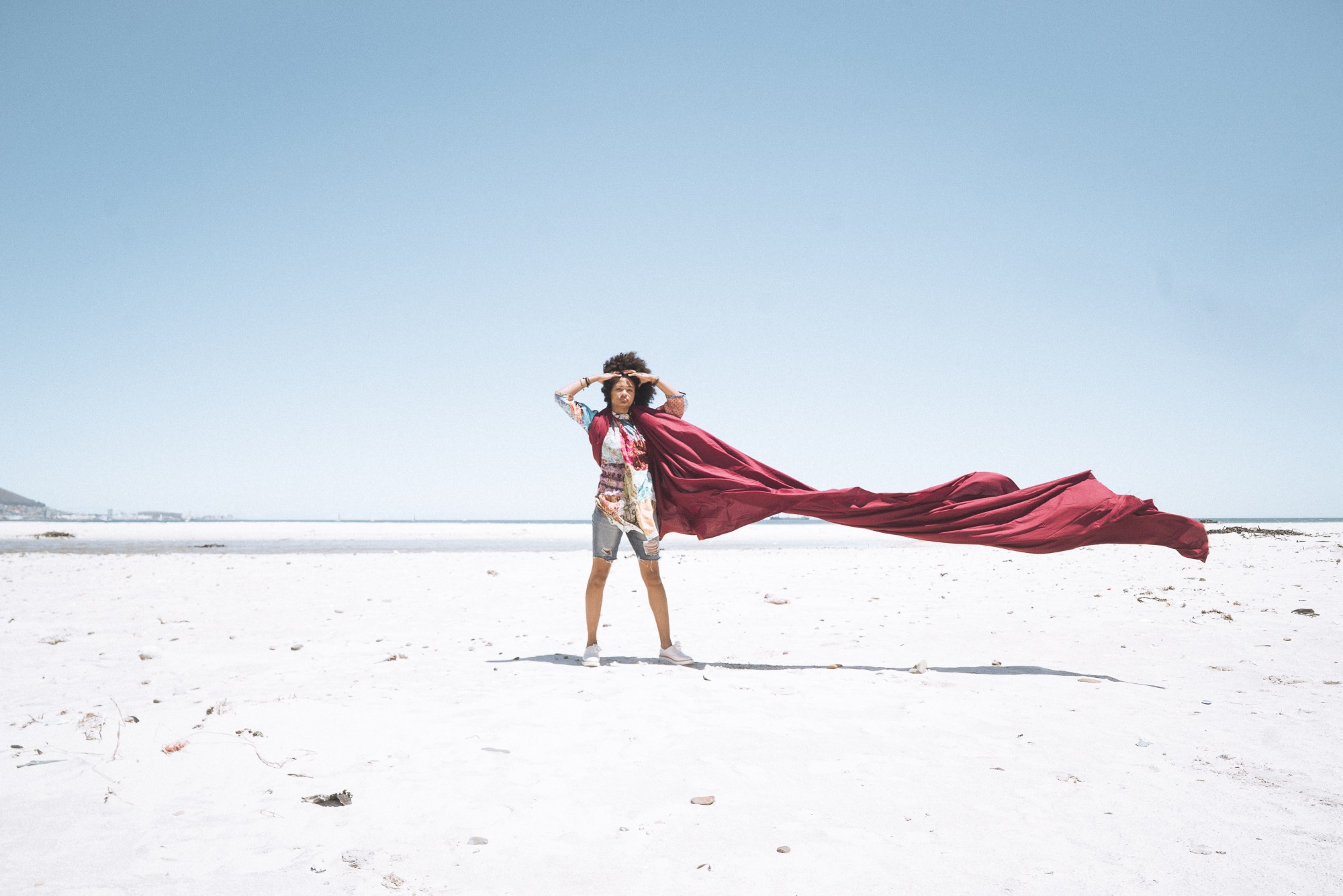
Nyota
Congolese-Irish-South African Nyota Parker is a self-proclaimed “non-binary non-conformist”. The 17-year-old rapper, singer and songwriter’s sound balances somewhere on the periphery of trap, jazz and boombap that Nyota like to call ‘Trazz’. “I’m all about pushing limits and pushing the system, and I want to influence a generation of fighters who challenge the system and have that special eye open,” says Nyota. “Most people don’t see what really happens, because they only see what people in power want them to see.” Nyota — which means ‘star’ in Swahili and Lingala — thinks there’s too little platform, too few hip-hop events and as a result, too much undiscovered talent in Cape Town. That said, Nyota thinks 2018 is going to be Cape Town’s year because people are starting to realise that, “unity is our only way to succeed”.
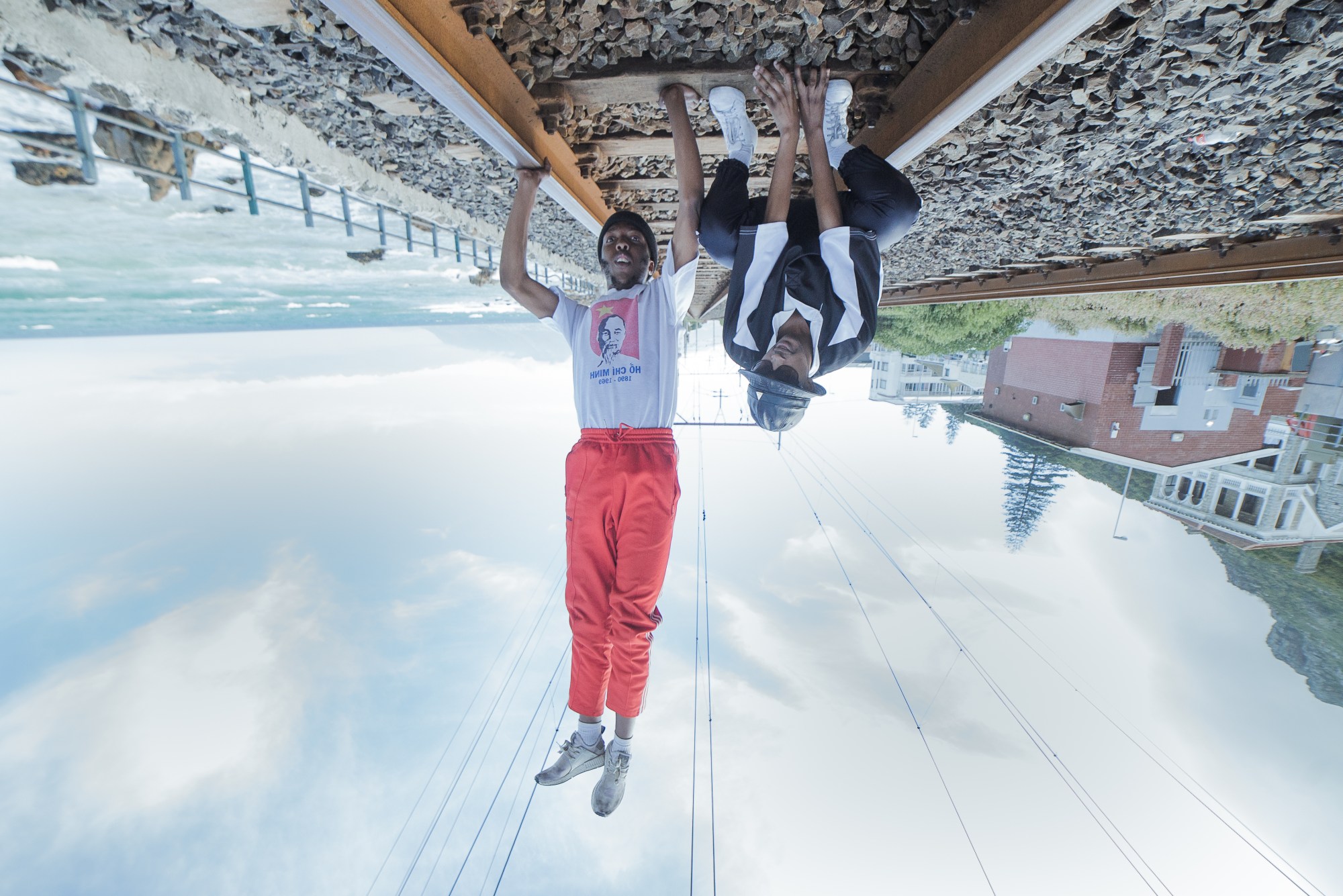
Stiff Pap
Together, rapper Ayema Problem and producer Jakinda are Stiff Pap. They reckon they’re the voice of their generation — a new wave of Cape Town kids who want music they can relate to. They write tracks about youth and nightlife in South Africa, like on their debut EP, Based On a Qho Story, which spins the tale of a teen from Umlazi having his first experience with uQho (ecstasy). The duo fuse elements of kwaito, GQOM, house and hip-hop to create their own unique blend of raw electronic music. Stiff Pap think Cape Town is still too white for hip-hop to truly thrive there, despite some of the most experimental artists in South Africa calling it home. “Those with power in the city just don’t care that much about hip-hop,” they sigh.
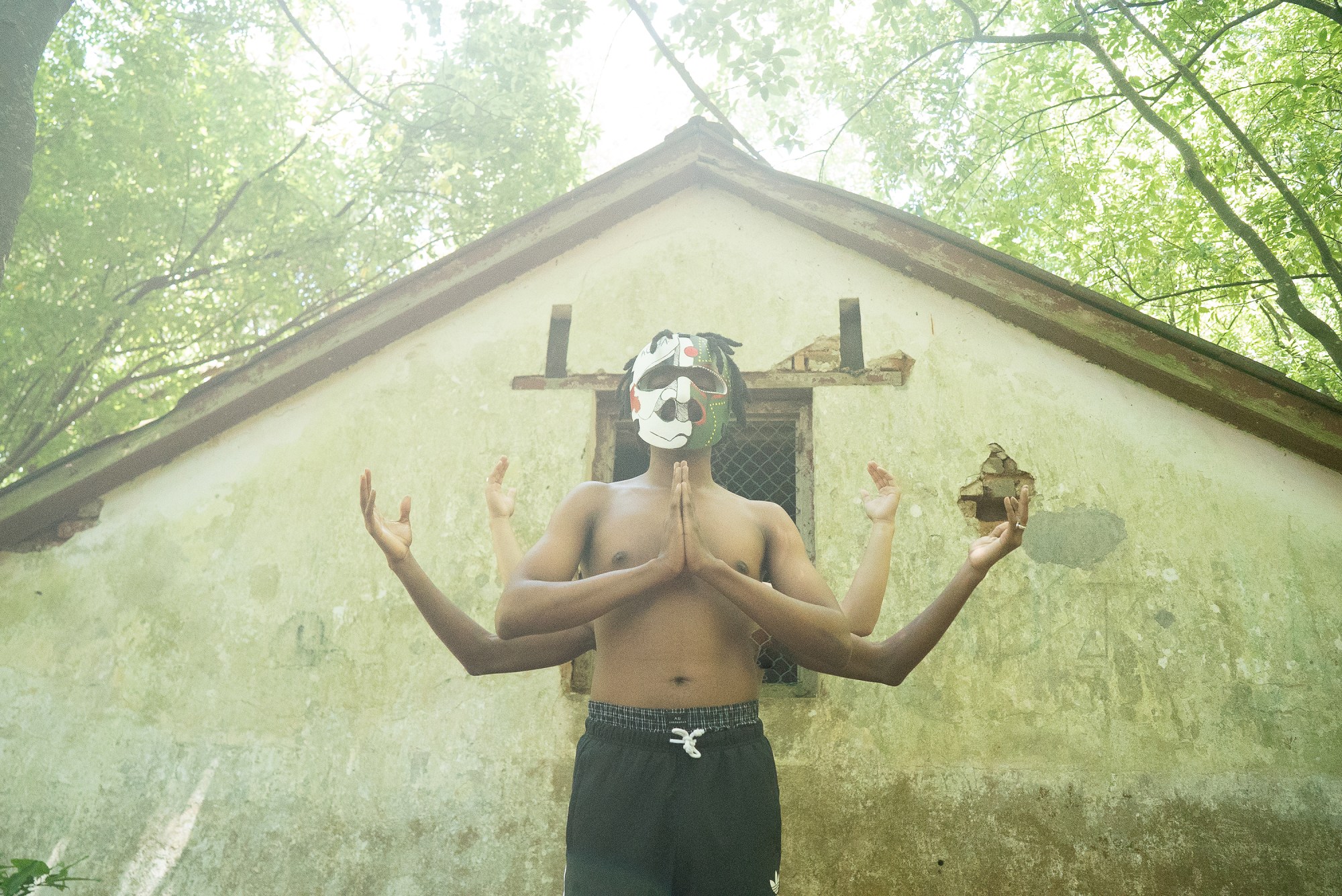
Dada Shiva
Cape Town kingpin Dada Shiva, aka Da Don Dada, is the kind of person that looks for the divine in everything. The 23-year-old rapper and Tone Society member juggles polarity in his music via multiple personalities, and meditates on the sameness of man and God. “Dada” is a two-part reference to his nickname and the avant-garde art movement Dadaism. Shiva compares his hard hitting flow to “Socrates’ craft analogy and Jesus’ carpentry,” and likes to keep things sounding submarine/outer space. “If you meditate on the similarities between outer space and deep ocean,” explains Shiva, “you come to the conclusion that to us, they’d be experienced the same way.” Shiva believes that the way Cape Town is set up forces artists to create miniature separatist movements, “Everybody wants their own nation,” Shiva muses, “artists are islands in that sense.”
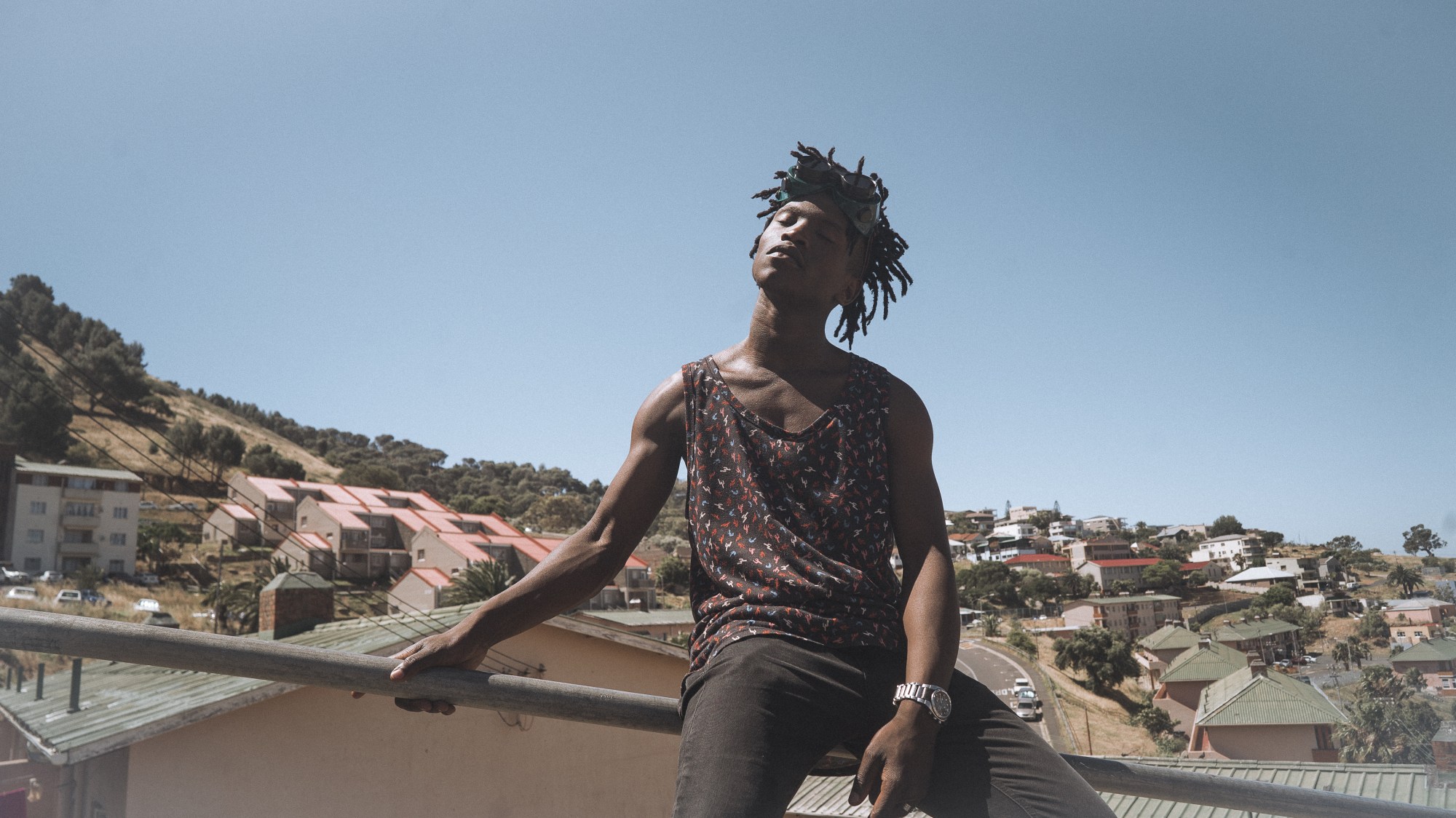
Lurah
Lurah (AKA Kapatown Boy and FKA Lusapho Burwana) is from the CT township of Philippi, nicknamed Philly. He compares the Cape Town hip-hop scene to a contained explosive, a smaller package waiting to blow up. He started rapping at 14 years old and has been growing stronger and stronger ever since. When it comes to Lurah’s music, he’s a perfectionist. Though his brand of hip-hop is heavily influenced by trap, Lurah says he makes sure “there’s some soul in every motherfucking song”. He doesn’t play activist in his music, instead writing about his own ambitions and experiences, though he always touches base on his surroundings to infuse it with what he calls “realness”.
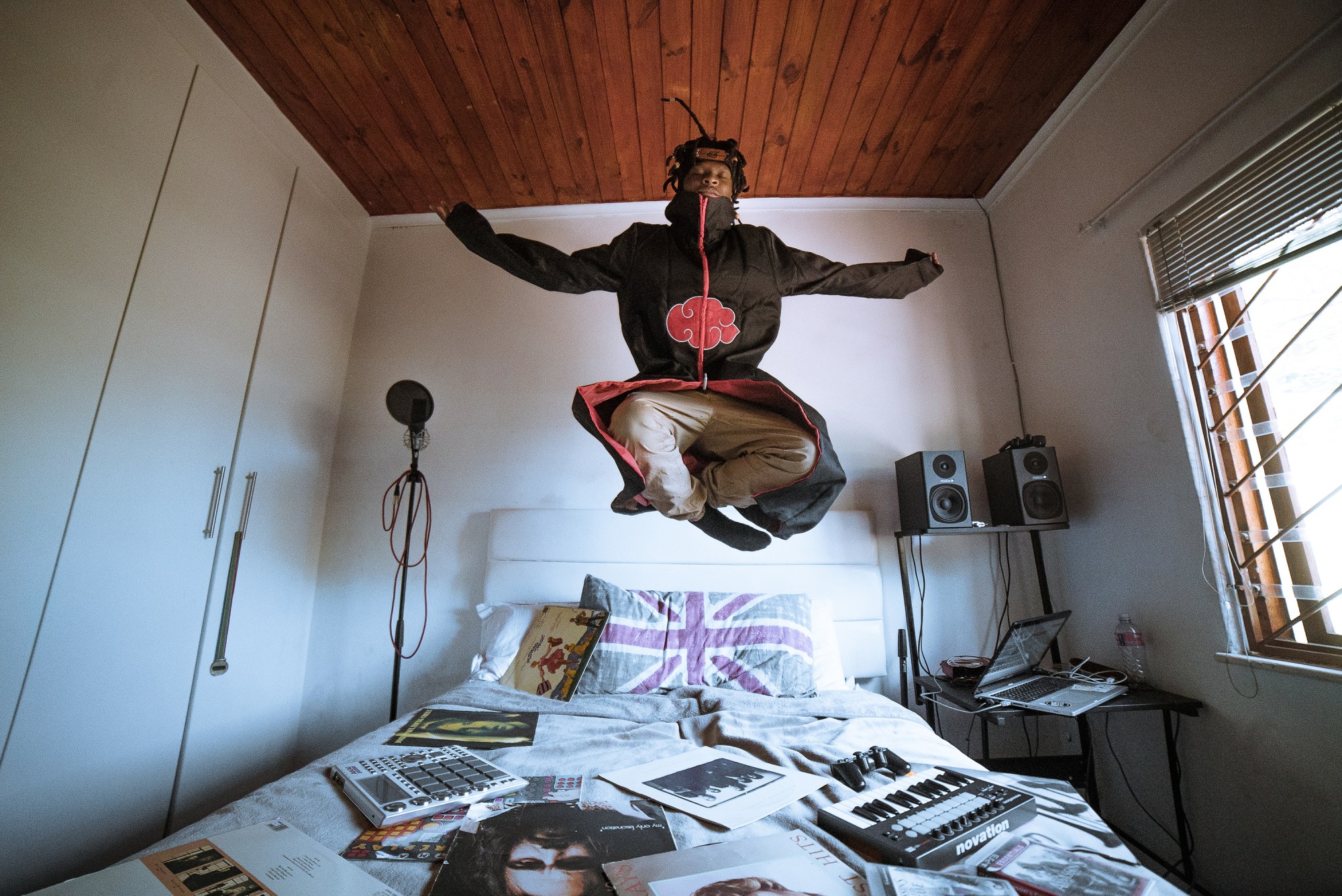
Master Kii
Master Kii (Tando Moyake) is a 19-year-old independent rapper bringing a modernised take on the old-school hip-hop vibes of MF Doom, Wu Tang and Quasimoto to Cape Town’s underground music scene. His sound is deeply inspired by the lo-fi boombap era of the 1990s, mixed with a raw East Coast rap flavour to wrap your ears around. Kii likes to make international connections, collaborating musically online with folks in the US and Japan.

Uno July
Born in Gugulethu, Uno Jly’s father was a freedom fighter who spent time exiled in Zambia. Uno is something of a household name in Cape Town, having been an active part of its hip-hop scene since 2005. He achieved initial notoriety as a member of Cape Town’s legendary hip-hop outfit III Skillz, before rising to solo prominence with his Best Kept Secret EP debut in 2015 and Uno ‘n Only in 2016. Uno calls the rise of Cape Town’s hip-hop scene a generational thing that he attributes to the influx of western cultural influences. His hot take is that the political-shape and segregation of Cape Town city has subsequently created a lot of diversity in terms of style and dialect among the ethnicities that exist within it — of which you’ll you’ll find no better example than Uno July.
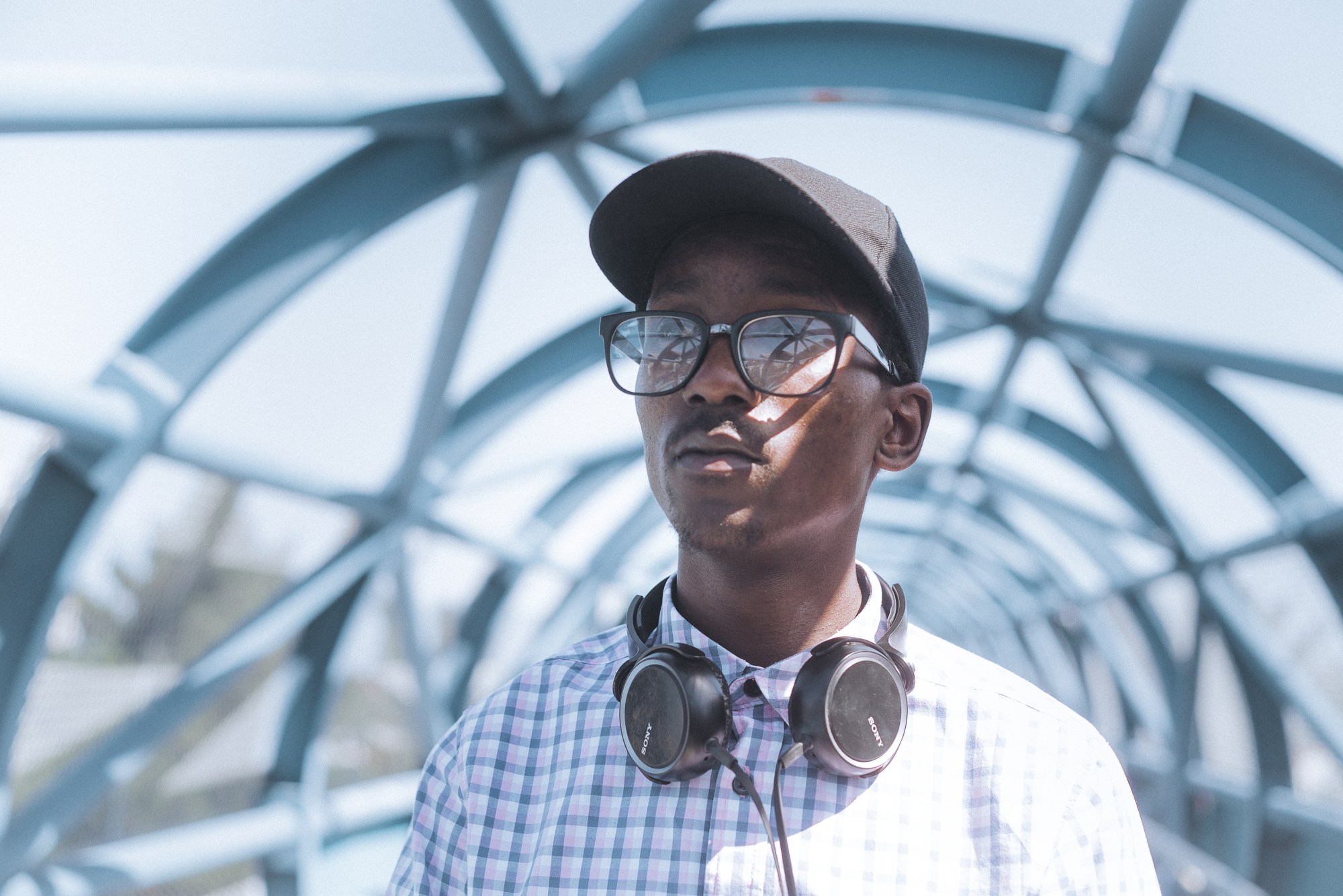
Wah Li
Gifted wordsmith Wah-Li has the ability to totally play with words. All about technical correctness, his bars are well-structured and his rhymes both intricate and uniform. In 2014 he made the top 20 of Back To The City Festival’s 10K Challenge, chosen from thousands of entries all over the country. Unlike most MCs of the same school, Wah-Li is eager to explore different types of production. His willingness to explore music outside of his own remit means he’ll always excel with his diverse influences.
Credits
Photography Imraan Christian
Art director Haneem Christian
Assistant Joshua Pascoe
